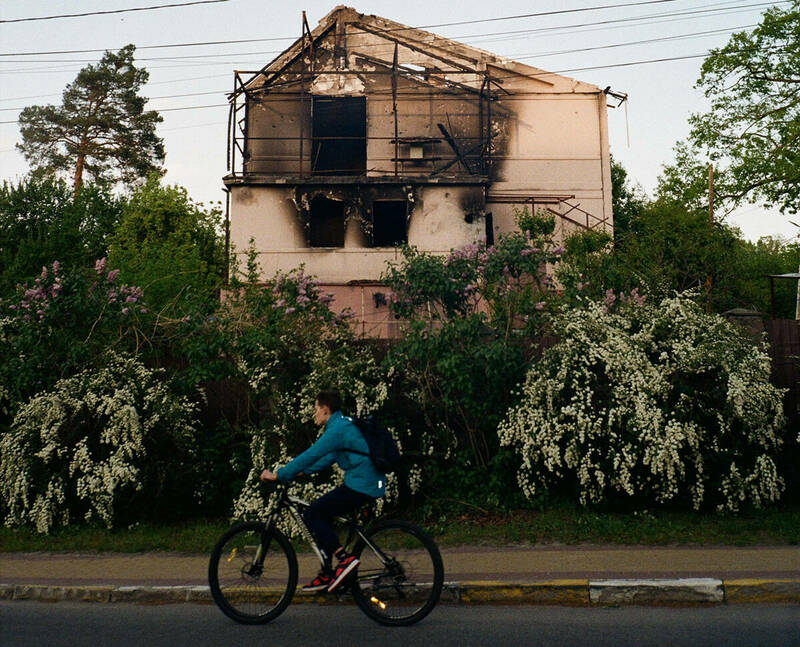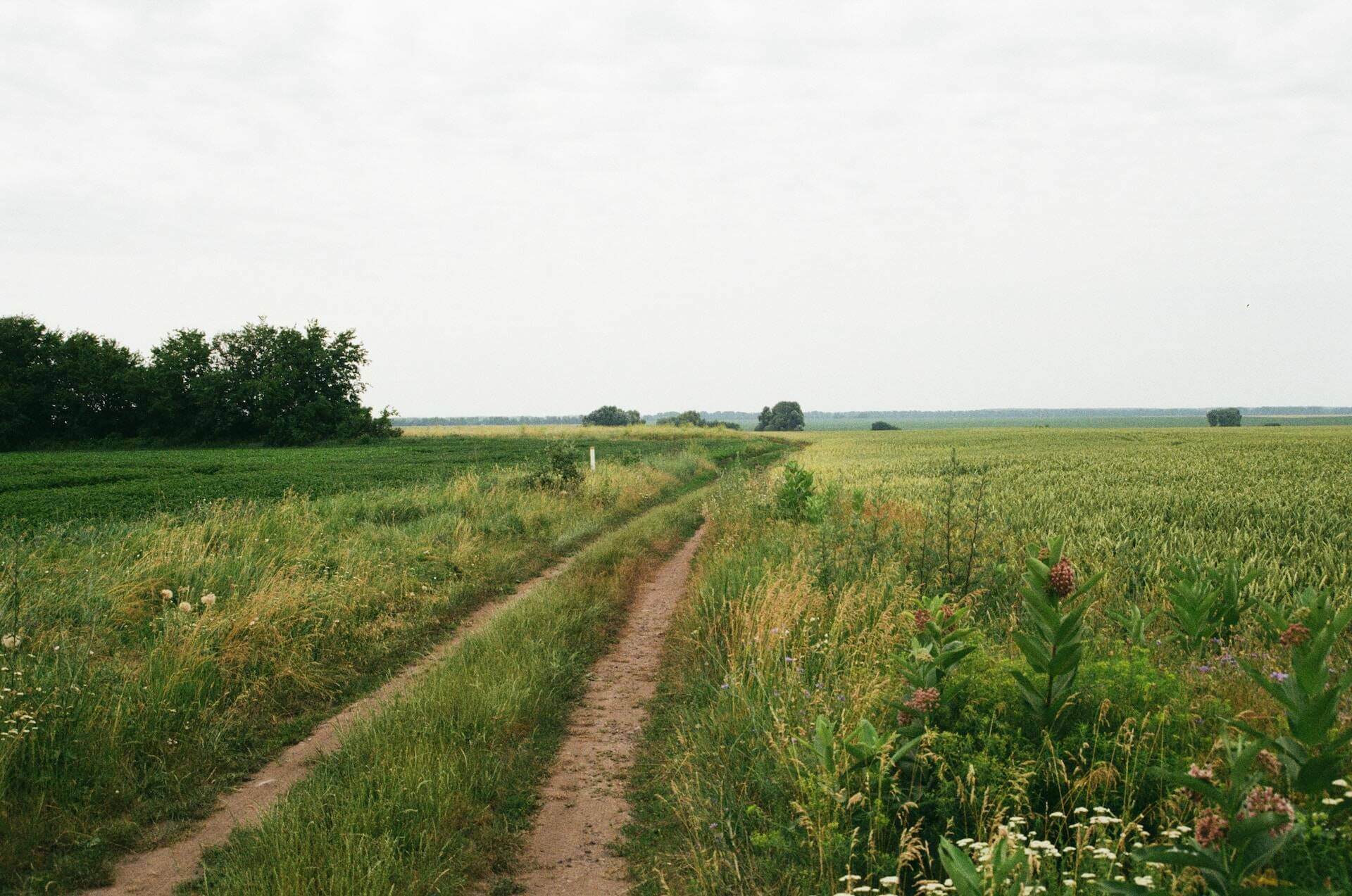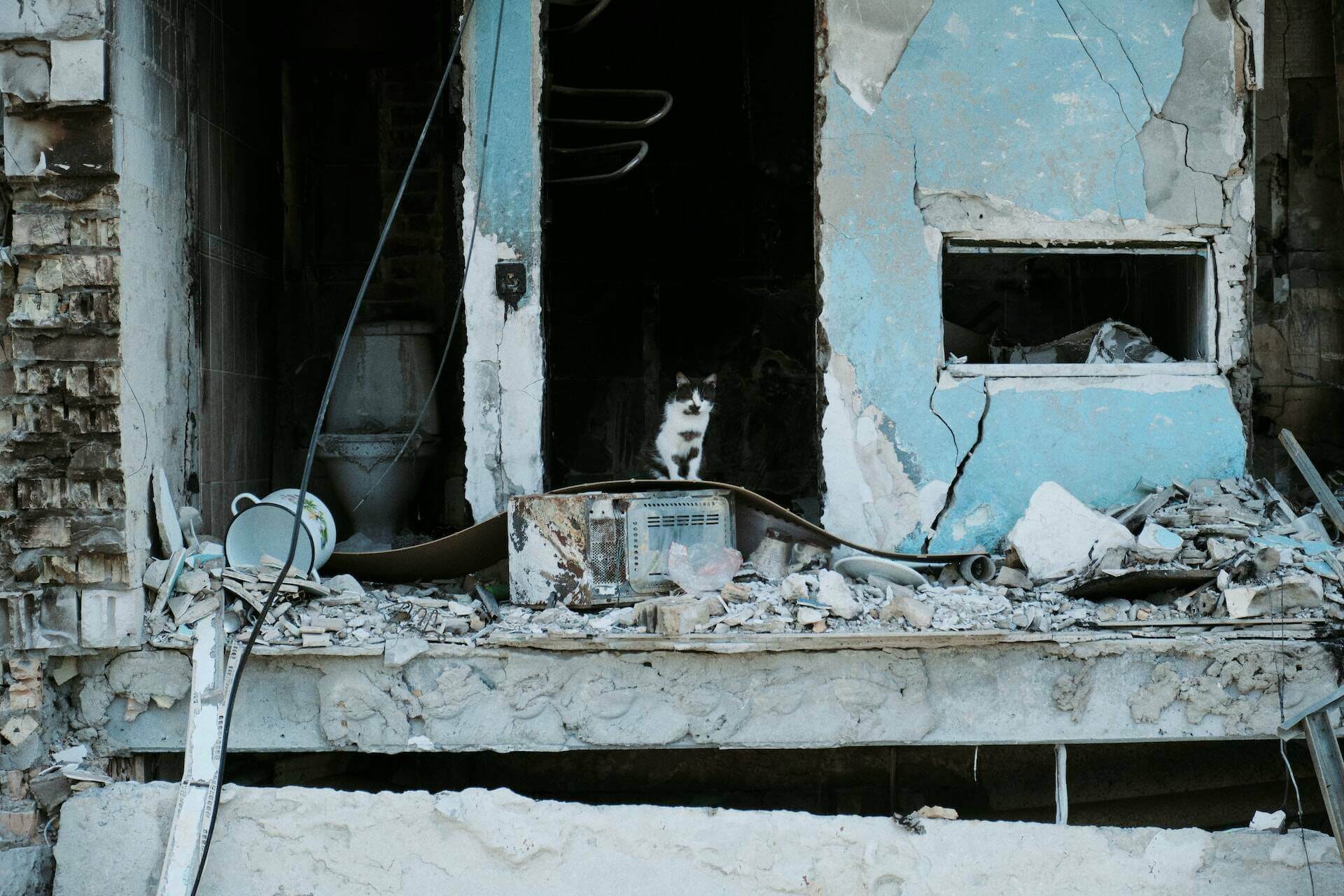 Photo by Ksenia Kazak on Unsplash
Photo by Ksenia Kazak on Unsplash
The longest trips start with one step.
For me, that step was climbing into a beat-up Honda that’s seen better days and hoping I’d make it out alive. I had to squeeze in between loads of goodies, food and meds, tech equipment and military tools, and try to fasten my seatbelt under the ironic gaze of the driver.
“You know, in the place where we’re going, the seatbelt is the last thing you’ll worry about,” Olena, the driver, says.
“I know, I know,” I murmur. “But we’re not there yet.”
Olena rolls her eyes at me. For the next week, she’ll be my guide and my guardian angel — so I must get used to this. I sit tight and pretend to relax, although unsuccessfully.
The thing is not about the car, really. It is not my favorite way of traveling, stuck between tons of canned goods and tourniquets, but it’s not too bad overall. This is all about the destination.
We’re going east. Yes, that east. The eastern part of Ukraine, the front line.
I am very unhappy about this. As a matter of fact, I hate it. I get this same feeling every time I have to go, and every time I get to return, I feel relieved — like the worst has passed. And immediately after that, I feel guilty. I feel guilty for hating the trips, for being a coward and for not doing enough. And then I go back and the same pattern repeats itself.
We’re going east. Hundreds, thousands of Ukrainians are taking the same route — volunteers and soldiers. They are all heading to the front line, to the area we all call hell, although we know it’s much worse than that.

It’s summertime, so everything around is green and full of life. The nature wants to live so badly that it somehow contradicts everything we’re about to see. There is something mesmerizing about looking at this unbreakable will to live despite it all — the wonderful big trees, fields full of sunflowers and endless blue skies. The sights put me at ease, if only for a short time. It is wonderful to see this life and peace here, especially when I know that a few hours away, nature won’t suffice as a hypnotic distraction from human destruction.
I know that this peace and quiet are deceitful, temporary, lasting only until the next siren. The alert will come sooner or later. And then, the missiles may come.
But it’s still quiet and still peaceful. I try not to think that things may change in a blink of an eye. Instead, I make myself as comfortable as possible in the crappy old car and think of my cat happily sleeping somewhere in the west.
We stop at a gas station. It’s clean and well-organized, with smiling employees and good hot food. It impresses me that people so close to absolute chaos can still work and maintain some normalcy. The cashier, a pretty middle-aged lady in a bright green shirt, hands me my drink.
“How’s your cappuccino?” Olena asks.
“Yum,” I say, my lips covered with foam.
“I thought you didn’t drink coffee,” she adds, a mischievous smile forming around the edges of her lips.
“I don’t.”
I see that she’s deciding whether to make fun of me or let it slip.
“OK,” she finally says. No jokes at my expense this time.
We get into the car. My back hurts from all the sitting and no amount of stops can fix this. I suffer in silence.
I am sure Olena is not too comfortable, either. A war veteran, she married another soldier like herself. After getting wounded, she left the army only to become a full-time volunteer. Her husband is on the front line, so driving to hell and back is her only chance to see him during these long, tough months.
She’s been in and out, crossing Ukraine from west to east many times, and even though she’s much more experienced and stronger than me, she still gets tired and sick. She probably worries a lot and cries and feels weak and vulnerable. But I don’t see any of that. Nobody does.
All people get to see is a short, robust woman, rather pretty and still young, although you can spot wrinkles forming on her open and confident face. Olena is blonde, with full pink lips and short hair, a boyish voice and an absolute power over people which she employs by simply looking at them with her pale blue eyes.
I am terrified of her, and I admire her.
Olena joined the army in 2016, the year her brother got killed. Her parents didn’t speak to her for a while after she told them about this decision. She later confessed to me that her mom begged her to stay, telling that war already killed one of her children and she didn’t want to lose the other one.
“War didn’t kill your child,” Olena replied. “Russia did.”
The young woman served as a medic — although, as she half-jokingly told me, she didn’t have half the education for that. Later I learned it was not true — she studied quite a lot and was a certified medic although she never wanted to do medical work in civilian life. The front line was different.
There, she could be a true medic — saving lives against all odds.
Olena didn’t like risking hers in the process, but it was a package deal. The moment she enlisted, she mentally prepared herself for a potential injury — or death. She didn’t fear the latter, but she didn’t like the idea of it either — especially because of the image of her parents always lurking somewhere in her mind.

I met Olena after she had returned to civilian life. She did get injured, and badly, and she didn’t like talking about. Somewhere during her hospital stays, she met Oleksiy, who is now her husband. He is on the front line, picking up the battle where she left it.
“I am sorry for you,” Olena says as we’re getting closer to the destination after a sleepless night. “And I am sorry for me, too.”
“How?”
“Well, wouldn’t you rather be elsewhere and not in this burned-out land? Nobody was made for this war and yet here we are. And it annoys me that there are so few of us. Most people would rather bury their heads in a sand and pretend like nothing’s happening.”
We’re not made for the war . . .
This isn’t the first time I’ve heard that. A few months back, when I was around my peers in the United States, one girl told me: “You Ukrainians are so brave! I don’t think I’d ever fight for my country like you. I am not made for the war.”
Did she think I was made for the war? Or that my classmates or neighbors or any of the Ukrainian people were? Did she think we wanted to fight instead of going shopping, watching movies and getting bored in an office?
Nobody was made for the war. Nobody ever is.
We accepted the fight because we had no choice. We never asked for any war.
Olena and I are getting closer. I start hating myself even more for being brave enough to come here and for being too cowardly while being here.
I don’t like the war. I don’t like anything about it. I wish I could be carefree and safe, going out with friends and watching movies so I would have cute photos for my social media.
Instead, I am here.
But I do have a choice. And I made it. Cowardly as I am, I chose this trip, this risk. I’d rather be here with Olena and her raw, authentic self, than with some well-meaning and patronizing people telling me how brave I am for simply being Ukrainian.
For the record, I am the opposite of brave.
But I will swallow my fear for the time being and try to live as I should — alongside people who love life and who are fighting for it, in all forms and shapes.
I make a tiny step out of the car, into the risky unknown, and I try to remember everything about this moment.
Somewhere far away, people I love are sleeping peacefully — or at least, that’s what I hope. The stars are shining above all of us and that’s good enough for me, for now.
I make one more step into the night, Olena by my side.
I am not made for war, but so what? I chose and, at the same time, I didn’t choose to be here. It’s a strange combination.
Olena winks at me. We’re almost there.
Anna Romandash is an award-winning journalist from Ukraine. Her previous pieces for this magazine have documented the impact of the war on her homeland and its people.